- Details
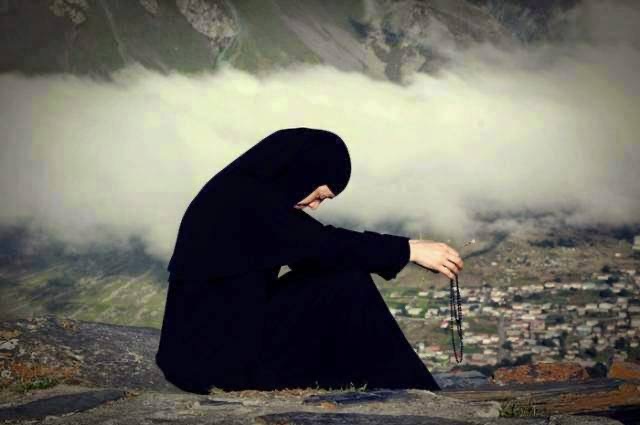
The subject of our previous homily was that of tolerance towards one another with love.
When we hear the exhortation of the Apostle Paul to ”forbear one another...” (Colossians 3:13), questions and even objections may arise:
“If someone insults, harms or slanders us for no reason, why should we not react? Are we not just encouraging this unjust behavior?”
- Details
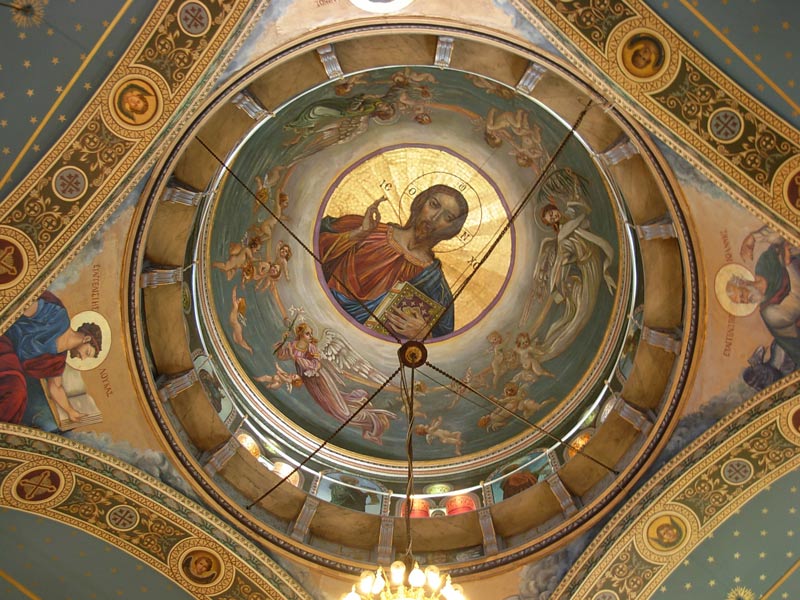
In one of the hymns of the Ninth Hour, addressing ourselves to our Crucified Lord, we make the following supplication: “You, Oh Lord, Who are tolerant towards all, remember me in Your kingdom”.
What profound meaning these few words contain! In them we are reminded of the countless times the Lord demonstrated His tolerance. Instead of focusing on His endurance of His declared enemies while on earth, let us examine the Lord’s manifest patience towards Hs own Twelve Disciples.
- Details
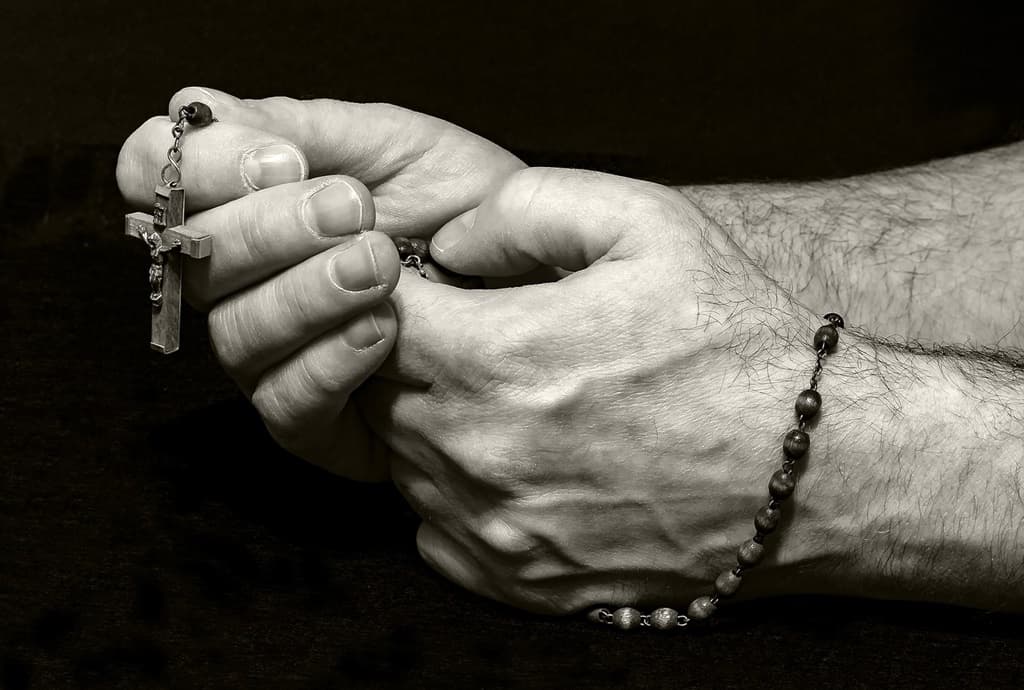
Spiritual exercise that constitutes the ascetical life is an essential element in the life of a Christian, as emphasized in both the Bible and in the Holy Tradition of the Church. Those who willingly indulged in spiritual exercise throughout their lives reached the heights of holiness. Monks and nuns who take refuge in monasteries or in sketes and in hermitages practice it with special diligence. Many from the ranks of the monastics, through their practice according to Gods will, became Saints.
- Details
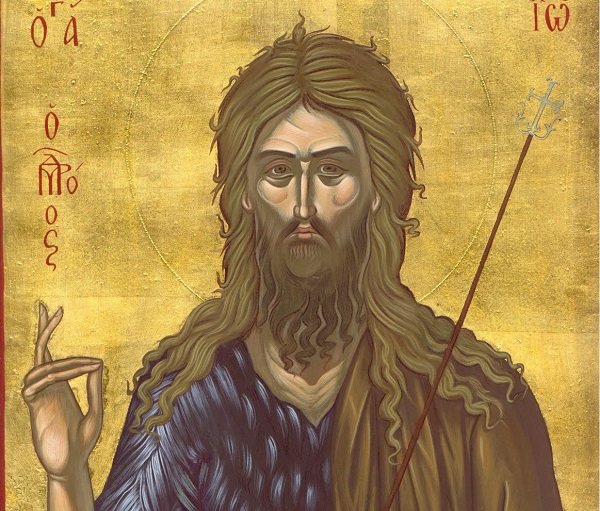
The Church gives particular honor to St. John, the most righteous Forerunner and Baptist (after the All-Holy Theotokos). In fact, if we look at the iconostasis, we can see his icon placed next to the Lord’s. The Lord honored him in a special way, with the greatest declaration possible for a human being: “Assuredly, I say to you, among those born of women there has not risen one greater than John the Baptist” (Matthew 11:11). God had given him the mission to preach repentance among the people, and to baptize the repentant in the Jordan River. There, in the desert of the Jordan, John lived a strict life of asceticism, “clothed with camel’s hair and with a leather belt around his waist, and he ate locusts and wild honey” (Mark 1:6). We are amazed by his austere way of life, for which he was called “an angel on earth and a heavenly man”!
- Details
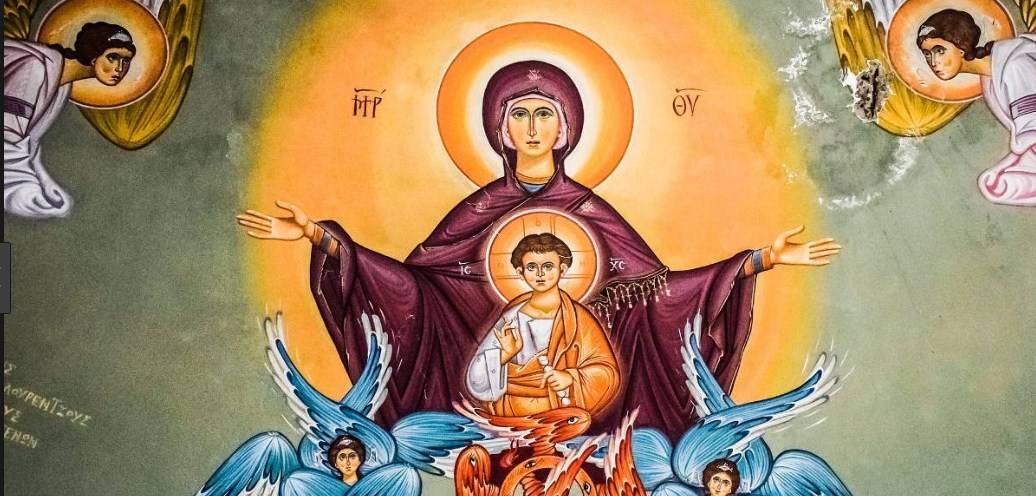
In the Synaxarion for the Feast of the Dormition of the Most Holy Theotokos, there is a particularly moving account written there. At the age of about 50, The Holy Virgin received a divine message that in three days, she would depart for Heaven. She then invited her relatives and neighbors to her home in order to reveal this message and to say goodbye. It was a surprise to them, and naturally, there were many tears. The Virgin Mary comforted them, saying that she would intercede for not only them, but for the whole world. This is evident in the countless blessings that the intervention of Our Lady has brought for all those suffering and asking her help.





